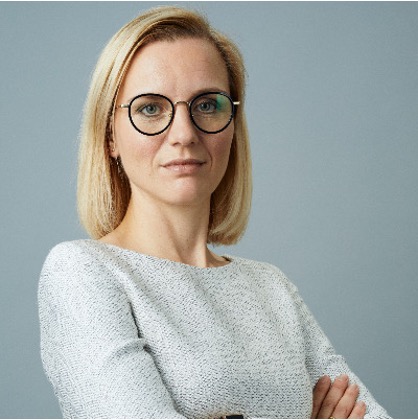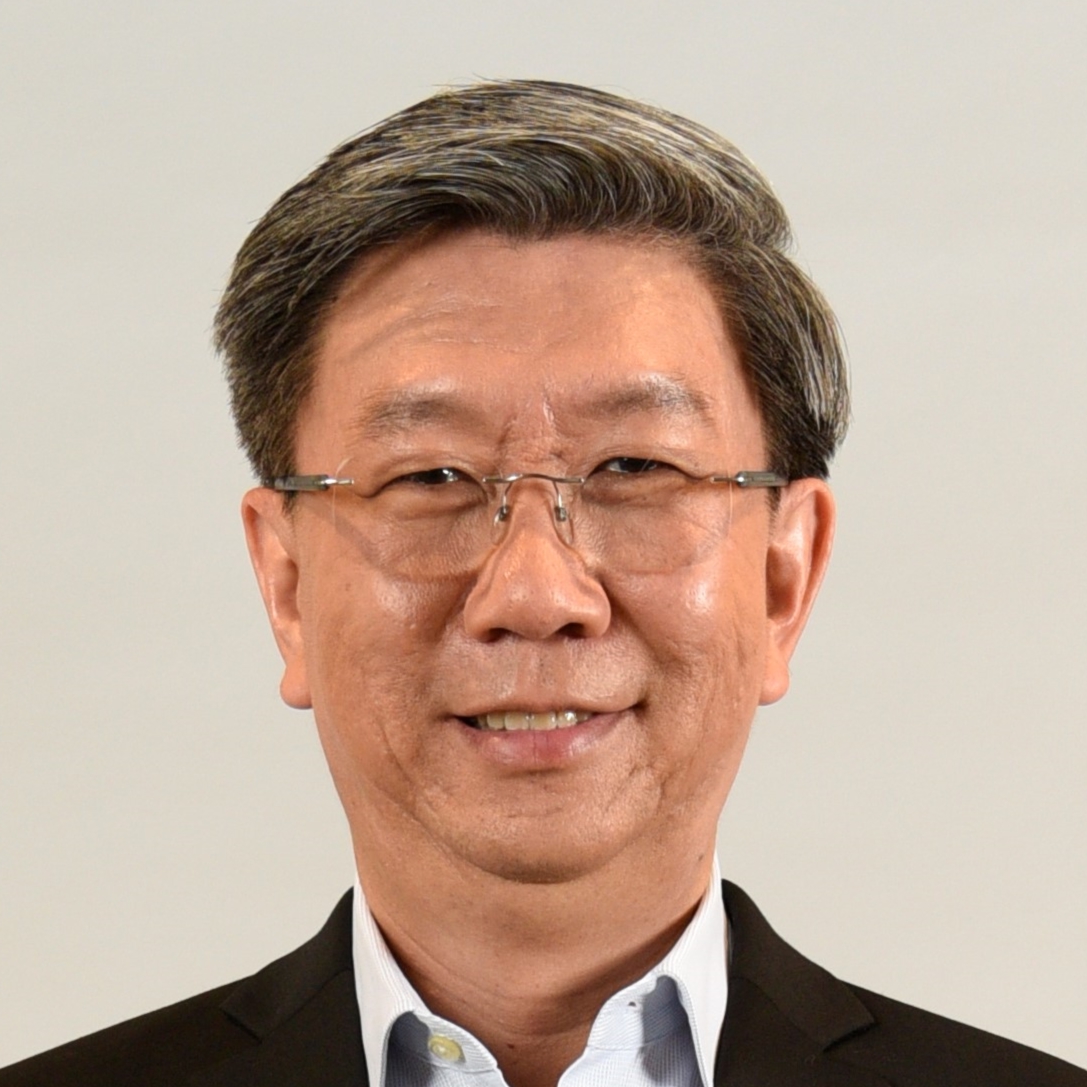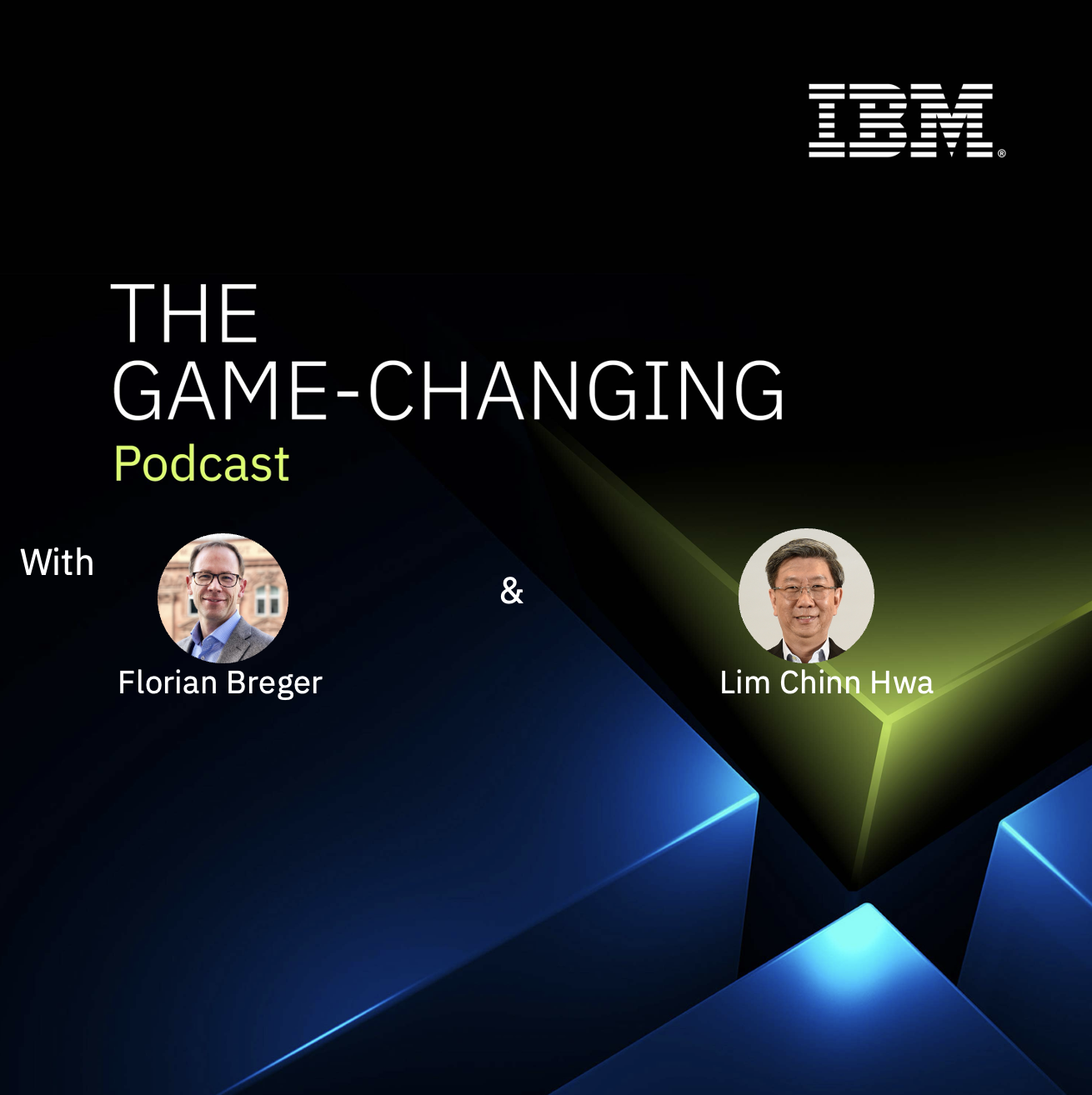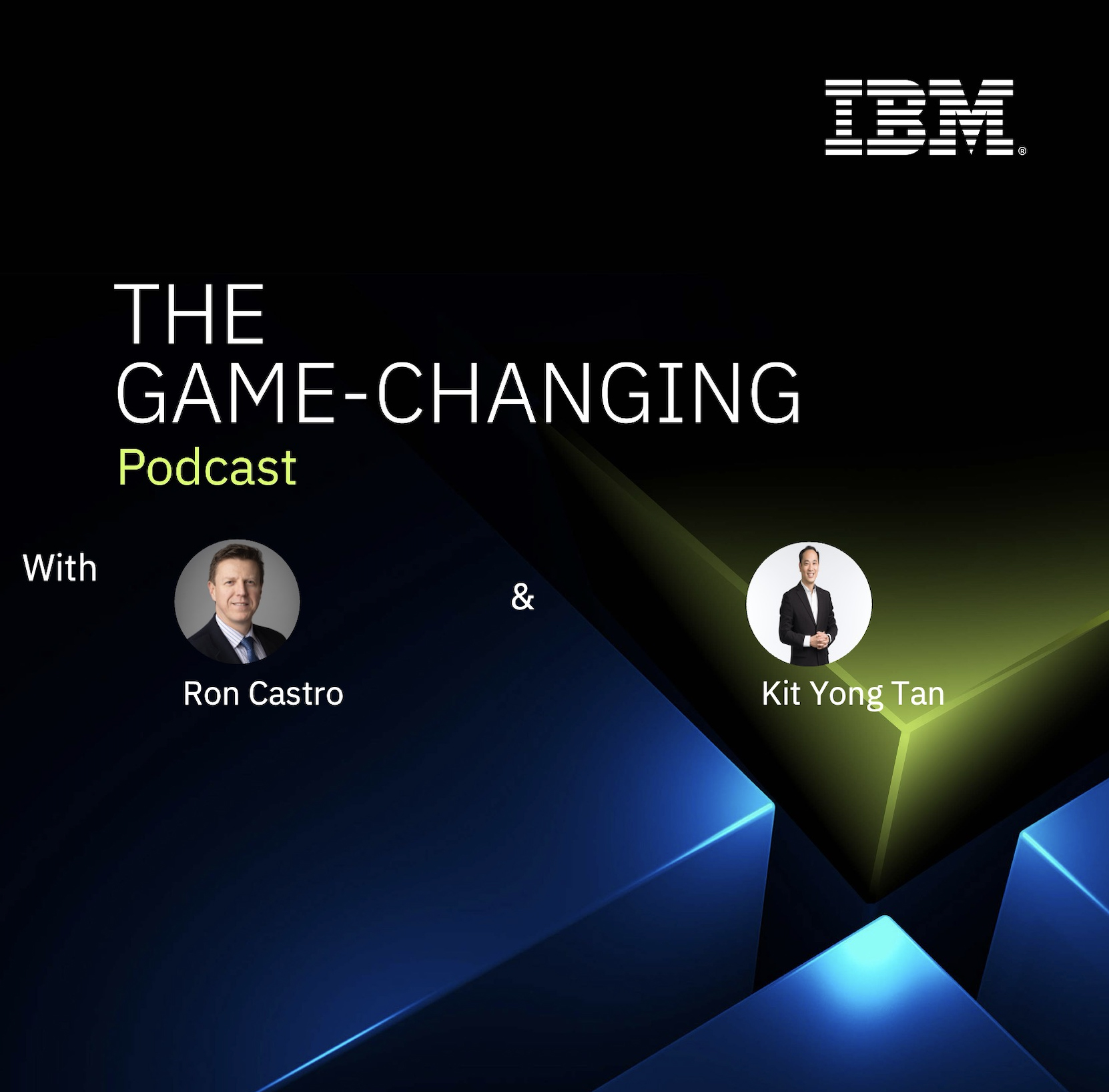Singapore forges future with generative AI
- 0.5
- 1
- 1.25
- 1.5
- 1.75
- 2
Florian: Welcome to another exciting episode of the Game- Changing Series. Hi Chinn, it's a pleasure having you today.
Chinn: Thank you for having me.
Florian: So, governments around the world deal with social- economic issues with global warming, with geopolitical insecurities. We not only need human intellectual capabilities, we also need artificial intelligence. Tell us a little bit about yourself, your role, and then let's dive into the questions and learn how Singapore does it.
Chinn: My name is Chinn. I'm a Distinguished Engineer from the Government Technology Agency. I had run the Smart Nation Platform Systems, which hosts two portfolio. One is the Sensor Platform, the other is the Smart District Platform. And now I'm working on two other projects, one on the trade trust and open a test station, and also using GPT for mapping solutions.
Florian: That's great. You are really an expert. Can you talk us through why governments need to embrace AI and how Singapore is managing it?
Chinn: I think there's aspects of AI that we need to pay attention to because there are game changers in many ways for allowing efficiency and productivity for the work that we do, not only in the citizen's perspective, but also from the government perspective. And ultimately we want to see AI as a tool that allow us to make better decisions than taking large amounts of data and processing it so that we can understand them. In many ways, we have actually let the genie out of the bottle, and we see AI is something that we need to figure out how to manage. And when we are looking at it from a government perspective on managing AI, I think there are two levels. We have to think of it from the citizen point of view and the government point of view. So from a citizens' is essentially how do they use this to enable them to be more productive in many ways economically, so it's a bread and butter issue. But from a government, how do we create a wellbeing of the country and the different policies that encourage this ability to thrive? So with this two aspiration, AI plays a role to do the discovery of things, and in that discovery we will learn about how we do policies better. And in terms of being able to use it from a citizen point of view, how do they have the tools to do better work?
Florian: Thank you. That's an interesting insight. Tell me a little bit about the challenges that we see embracing generative AI and AI.
Chinn: The AI aspects of the business is one area that we need to think about. Because when you think about AI being used in business, it actually brings about advantages to companies. So if AI is used in such a way that allows them to be more productive and taking the fact that there are information they can bring into bear. Say take for example a programming company, using AI for being able to go through the programming languages or the modules that has been built to fast track, all the delivery is wonderful. But if you take AI and apply in an area that hallucination takes place, say a psychiatrist, and you just plug in some things. So I have these symptoms and you let the AI do its thing, it could probably lead us down to a path we don't want to take. And so the application of where AI in use cases is going to be a very key aspect of how we do application and think about the way AI is used. So governing this aspect is going to be an important requirement.
Florian: Thank you. That actually makes me proud about IBM because what you just said reminds me about how we design products and we just released watsonx which is an AI for business solution where you actually can prevent systems from hallucination. You create a secure environment where you can train your artificial intelligence and where you can govern it. I think that's important. Explain us a little bit about the fundamental requirements in this area that Singapore has to embrace AI and generative AI. What requirements do you have to this technology?
Chinn: Yeah, I think there is, in any country and in Singapore context, we are very conscious of the fact there is a digital divide in some sense. For those who are digitally capable, they're able to handle the different digital technologies that come with being able to be more efficient and productive of the use of technology. And then there is a group that are not comfortable. They don't know how to engage this. So we recognize this difference and therefore we have to be very careful in how AI is applied. It is not a one brush stroke as that can appeal to everyone. So given the fact that we know there's this divide, how do we therefore look at the low hanging fruits in terms of use case development that the country can benefit from a societal point of view. I think also what is going to be very clear to us is that while we want to be able to take the fruits of AI, it is eventually going to also require the humanity. It is not letting technology lead us through something, it is about people using technology as a tool to guide everybody else along the path to a better place.
Florian: You talked at the beginning about talents and that reminded me. We in IBM, we saw the lack of talents in AI. So we promised the world that we trained 2 million people on AI. We created an initiative we called SkillsBuild, and open our education platform so that we have 2 million more AI talents by 2026. How is Singapore dealing with this?
Chinn: That's a very good point about having opportunity to actually meet with people that is going to pick up AI, 2 million of them. So Singapore government has actually started not so much with the students, but actually with the teachers. So in the Ministry of Education, through my colleagues working there, they have actually positioned that AI could be the tool to help teachers. And in that regard, enabling the teachers and then using those knowledge gain to be able to translate down and position the different tools to the students. And so together with a teacher- student relationship, beginning as young as primary secondary school level, they begin to be exposed to what AI can do. Of course, it's a guided experience. As you move towards the Institute of Higher Learning, you're more exposed and you understand the different capabilities that AI do. Not just helping in the homework obviously, but as well as thinking of how the AI can use in critical thinking, at least stage, the beginning. Many times we're presented, we have a blank page and then let AI maybe fill up some of those dots and then reconnect the dots. So it is going to be very important that as the education of our citizens and move into the AI spectrum, we need to develop a very strong critical thinking capability. And so as we move towards then to the professional training and lifelong learning, the government has provided different capabilities in terms of curriculum and grants and being able to help people switch their careers midway and pursuing AI. So those are made available.
Florian: That was really fascinating and interesting to listen to you. Thank you Chinn for being with us at the Game- Changing Podcast.
Chinn: My pleasure. Thank you.
DESCRIPTION
Chinn Hwa Lim, Distinguished Engineer from the Government Technology Agency shares how Singapore is taking advantage of AI to empower the nation in a conversation hosted by Florian Breger, Global Vice President for Government, IBM. You can learn more about how AI technologies can help governments from this blog by Florian.
Your host: Florian Breger, Global Vice President for Government, IBM
Produced by IBM ASEANZK Comms
Music & audio: Mi Mi Nguyen | Design: Jeff Koh
Today's Host

Agnes Heftberger

Florian Breger

Ronald Castro

Shannon Harris
Today's Guests






